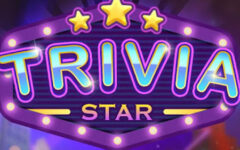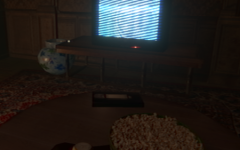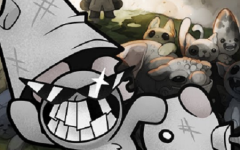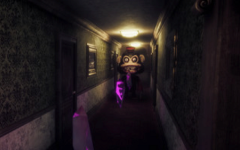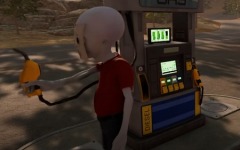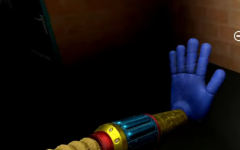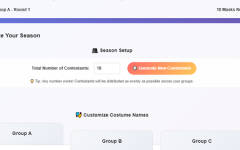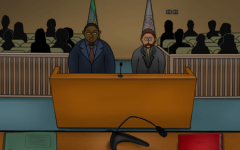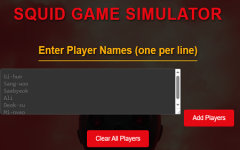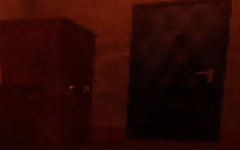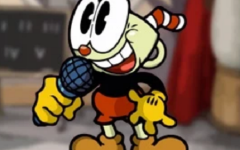Advertisement
MIDNIGHT POSTMAN
Advertisement
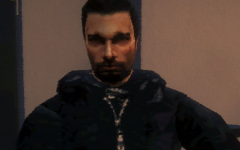
In Midnight Postman, you start your shift like always—another night, another stack of deliveries, another route through silent streets. You carry the packages, follow the list, and try not to think too hard about why no one else seems to be outside. The air feels still, and your footsteps echo more than usual. The game offers no opening cutscene or instruction. It expects you to move and deliver. But as Midnight Postman continues, you begin to notice that small things don’t stay the same.
Unexpected Interactions
Most deliveries in Midnight Postman involve brief contact—someone opens a door, takes a package, says little. But then a customer starts asking questions, a stranger appears where no one should be, and one door opens too fast, like they were waiting. These moments don’t trigger alarms or music. Instead, they shift your attention. Midnight Postman uses these interactions to suggest that your job may not be as neutral as you assumed.
Space and Movement
The map in Midnight Postman is narrow but deliberate. You pass vending machines, parked bikes, and locked storefronts. Sometimes you recognize a street from earlier, even though you’re supposed to be somewhere else. Navigation is limited, but the design gives the impression of looping paths and repeated blocks. You are not chased or blocked. You are just expected to keep going.
Mechanics that define Midnight Postman include:
- Walking and delivering in first-person perspective
- Short conversations with scripted characters
- Environmental clues like lights, sounds, or objects
- Minimal UI with no map or direction prompts
- Linear progression based on completing deliveries
There’s no visible goal beyond finishing the list, but the world around you resists closure.
Familiar Streets, Changing Details
Over time in Midnight Postman, objects appear where they shouldn’t. A note you saw earlier returns in a different house. The same name appears twice on two unrelated deliveries. The player isn’t punished for noticing, but there’s no reward either. You keep working, and the streets keep bending. There’s no defined threat, yet the feeling of being watched or tested lingers. Midnight Postman uses this uncertainty as its core tension.
End Without Explanation
Eventually, Midnight Postman brings you to the last address. But the way there is longer than it should be, and something’s wrong with the door. The text on the package is smudged. You may reach the end of your shift, but the game doesn’t confirm what you’ve delivered—or to whom. Midnight Postman ends the way it plays: quietly, without resolution, leaving the player to decide what was routine and what wasn’t.






















































































































